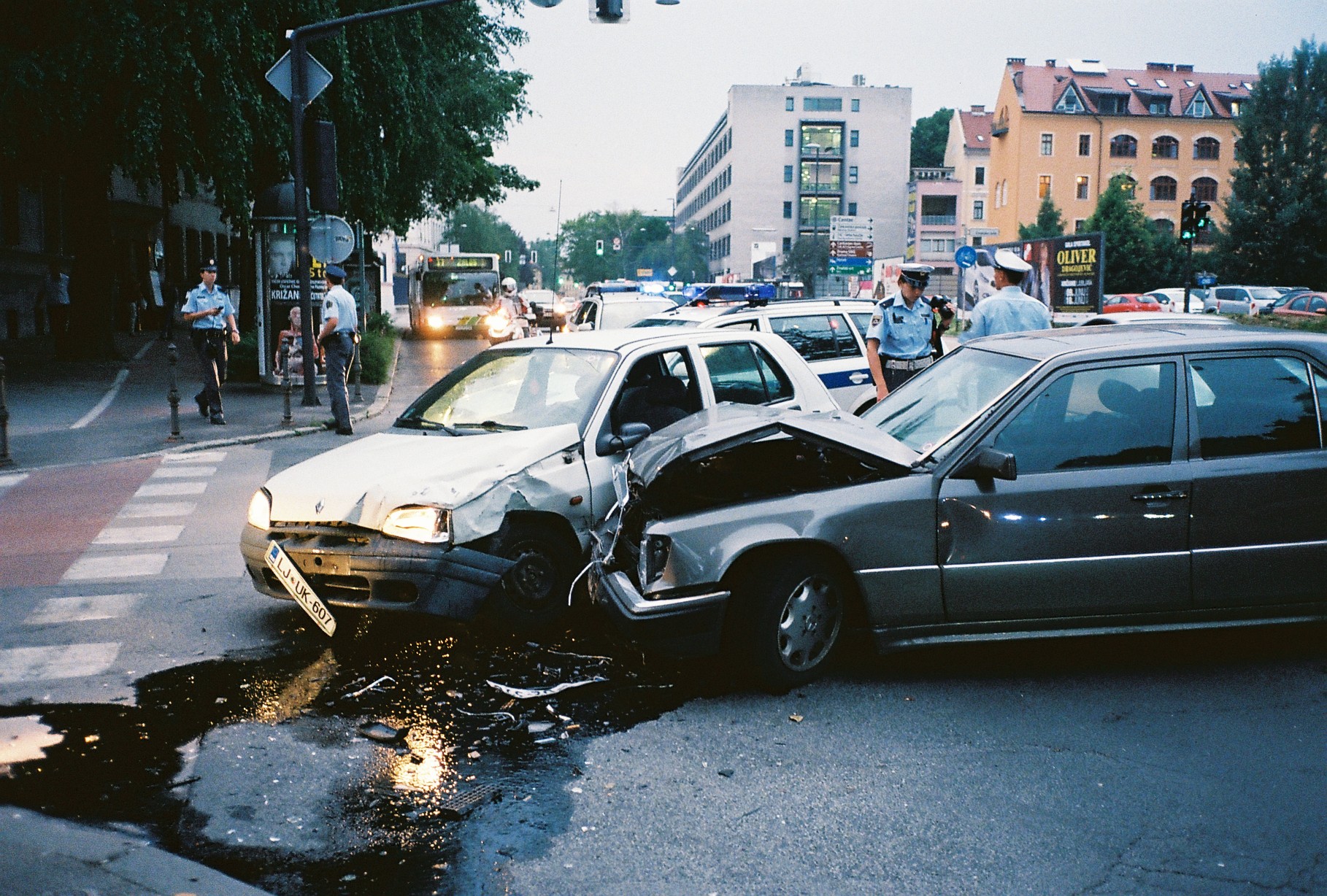No one wants to be involved in an accident, much less to sustain an injury in an auto accident. But as the French say, C’est la vie. Accidents happen, and you can’t predict the potential damages and injuries.
Unfortunately, dealing with insurance companies is given after being involved in a car accident and sustaining injury. The time immediately following an accident is crucial, and it determines whose insurance pays for damages. Because it’s an inevitability, it’s essential to understand what factors go into determining whether your health insurance covers your car accident injuries.
Most states require drivers to carry liability insurance, which means the at-fault policyholder pays for any damages the other party incurs. If you’re not the at-fault driver, the other involved party takes care of your damages. However, if you have liability insurance, your insurance company will only cover the other driver.
If you have liability car insurance and the other driver is at-fault, you have a few options besides your health insurance to help you pay for your medical expenses and car damages. First, you can use the at-fault driver’s insurance coverage to pay your medical expenses and other damages. You can also see if your insurance company will cover your claim for quicker payment. In the latter case, your insurance company will issue prompt payment for your medical expenses. Then, it will seek remuneration from the at-fault driver’s insurance company.
Understand What Your Health Insurance Policy Covers
The first step to understanding how to pay for your medical costs after an accident is carefully reviewing your health and car insurance policy. Your health insurance provider may classify accident injuries as secondary coverage, which doesn’t cover your medical expenses until they surpass the auto policy’s limit.
Co-Pays, Deductibles, and Car Accident Injury Bills
Most car accident cases use basic patterns to determine who bears payment responsibility. The first part of this process involves copays or deductibles on the insurance policy. In most health coverage situations, you get into an auto accident, receive medical treatment, and follow the same procedure as any other medical treatment. After receiving treatment, you pay your copay and deductible.
You don’t typically have to pay these right away because hospitals usually don’t require an upfront payment. This type of billing means you won’t know the full extent of your medical expenses until after you’ve received treatment. For example, if you need to be taken to the ER after an auto accident, you won’t know how much the ambulance ride costs until a few weeks later when you receive the bill. However, while you’re in the hospital, someone will likely record your health insurance information.
Do I Use Health Insurance or PIP in Car Accidents?
Med pay and PIP are portions of your health insurance that you can use to pay for your medical expenses. Med Pay covers the medical costs of you and your passengers, while PIP deals with the wages you lose from the accident. If you need medical care after an accident and have these coverage options, you should use them before filing a claim with your health insurance.
One of the reasons for using your Med Pay and PIP before filing a claim with your health insurance company is because, typically, neither of them have deductibles. Because they don’t have deductibles, if your injury expenses don’t exceed your PIP/MedPay coverage limits, you might not pay anything out of pocket.
The other reason for using your Med Pay and PIP is that most health insurance policies have subrogation clauses. Having a subrogation clause allows your health insurance company to seek reimbursement from other parties to recoup their expenses. By using MedPay and PIP, you can get quick access to financial recovery because your insurance company knows they can pursue their remuneration.
Does the Car Insurance or Health Insurance Company Pay for My Injuries?
You may be wondering how your car insurance and health insurance companies coordinate who pays for what. Thankfully, your health insurance and car insurance communicate with each other to sort out who pays for everything. The bottom line is, the more outlets you have, such as Med Pay and PIP, the more likely you are to have your expenses wholly covered.
For example, if you have a PIP covering 80% of your healthcare costs and receive a bill for $5000, your car insurance will cover $4000, and your health insurance will pay the remaining $1000.
Always Seek Medical Attention After an Accident
After an accident, you may be disoriented, in shock, or have too much adrenaline to take stock of what injuries you may have sustained. For this reason, you should seek medical attention regardless of how you feel. Though your health insurance should cover medical expenses such as treatment or surgery, coverages vary, and you shouldn’t need health insurance if you weren’t the at-fault driver.
Insurance companies often recommend waiting for their referral before seeing a doctor, but this could potentially undermine your claim’s validity. The more time elapses from your accident, the easier insurance companies can deny your claim. Also, insurance companies may try to avoid paying for medical bills.
What Happens If My Insurance Company Denies a Claim?
Auto insurance companies might deny your claim if the other driver was at fault. In these cases, your health insurance won’t have to cover anything. There are a few reasons why your insurance company might deny a claim. Exclusions in the policy, lapsed policies, and a failure to file the claim on time.
An example of exclusion on your policy would be for “acts of God” such as a sudden hail storm. If a natural event causes your accident instead of a negligent driver, your insurance company might deny your claim.
If the driver who caused the accident has lapsed coverage, their insurer will likely dispute the claim because they weren’t providing coverage to the driver when the accident occurred. You might have to rely on uninsured motorist coverage or hire a lawyer to pursue compensation in these cases.
Insurance claims have a statute of limitations on them, which means you have to file within a specific time. You should be aware of your policy’s time limit and the negligent driver’s policy who caused the accident.
What Should I Do If the Insurance Company Denies My Claim?
If the insurance company denies your claim, but you believe it’s legitimate, you should consider hiring an attorney to pursue legal action. Insurance companies make most of their profits by taking more money on premiums than they pay, which explains why they would conduct suspect practices to deny claims.
Insurance companies understand how to work around having to pay damages. After an accident, they may ask the involved party confusing questions to get them to admit fault. Attorneys understand the legal process, which prevents insurance companies from taking advantage of you in the vulnerable time after a car accident.
Conclusion: Health Insurance Most Often Covers Some of Your Accident Injuries
Getting injured in a car accident is a horrible experience that no one wants to go through. Most often, yours or the negligent driver’s car insurance will cover at least a portion of your damages. However, how much of your injury costs your health insurance covers, and when it covers them, varies.
After a car accident, you should get medical attention right away. Even if your health insurance company has to pay initially, you can pursue compensation further down the road. The insurance companies can often work this out amongst themselves, but some cases may require a car injury attorney.




